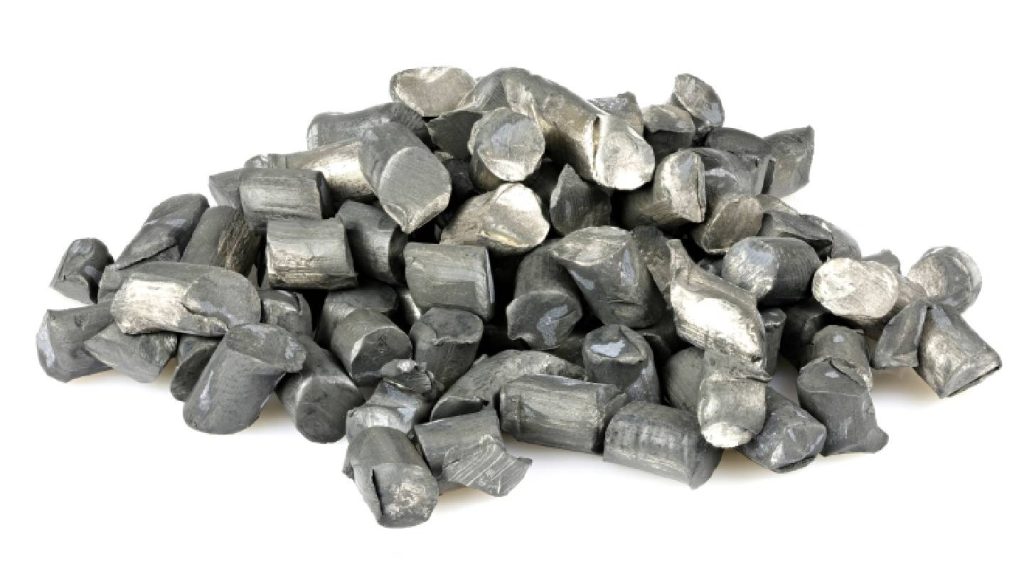The US Government is reportedly in negotiations to acquire up to a 10% equity stake in Lithium Americas as part of restructuring the company’s $2.26 billion ($C3.14 billion) loan from the Department of Energy for the Thacker Pass lithium project in Nevada.
This potential investment represents the latest instance of the Trump administration’s direct intervention in the US economy, following similar strategic engagements with companies like Intel and MP Materials. These interventions a
...
The US Government is reportedly in negotiations to acquire up to a 10% equity stake in Lithium Americas as part of restructuring the company’s $2.26 billion ($C3.14 billion) loan from the Department of Energy for the Thacker Pass lithium project in Nevada.
This potential investment represents the latest instance of the Trump administration’s direct intervention in the US economy, following similar strategic engagements with companies like Intel and MP Materials. These interventions align with broader government efforts to strengthen industries considered vital to national security interests and reduce dependency on foreign supply chains.
The Thacker Pass mine holds particular significance for American mineral independence. Expected to become the Western Hemisphere’s largest lithium source by 2028, the project is positioned as a cornerstone in establishing a domestic lithium supply chain. Located 25 miles south of Nevada’s border with Oregon, the mine represents a critical step toward reducing America’s reliance on Chinese lithium imports in an increasingly competitive global market.
Lithium’s strategic importance cannot be overstated in today’s technology-driven economy. The lightweight metal serves as the fundamental component in rechargeable lithium-ion batteries that power everything from smartphones and laptops to electric vehicles and large-scale energy storage systems. As the global transition to renewable energy accelerates, secure lithium supplies have become essential for economic and national security.
The scale of the Thacker Pass operation underscores its potential impact on American mineral self-sufficiency. While current US lithium production hovers below 5,000 tonnes annually, the initial phase of Thacker Pass aims to yield 40,000 tonnes, representing an eight-fold increase in domestic production capacity.
According to Reuters, the equity proposal emerged amid broader discussions to reassess the original loan terms. These negotiations were prompted by concerns about depressed lithium prices, largely attributed to Chinese overproduction flooding global markets. In response to these market pressures, Lithium Americas has reportedly offered no-cost warrants equivalent to 5-10% of its common shares.
General Motors holds a substantial stake in the project, having invested $625 million for a 38% ownership position in the mine. Under current agreements, GM maintains rights to purchase all lithium produced during the first phase of operations and a portion from the second phase over a twenty-year period.
However, the evolving negotiations reveal additional complexities. Trump administration officials are reportedly seeking stronger assurances that General Motors will commit to these lithium purchases regardless of market fluctuations. Furthermore, there appears to be pressure to have GM transfer some project control directly to the federal government, potentially increasing governmental oversight of this strategic resource development.
This potential equity arrangement illustrates the changing dynamics between government and private industry in critical mineral development. Rather than relying solely on regulatory frameworks or subsidies, direct government ownership stakes are increasingly viewed as mechanisms to secure supply chains for materials deemed essential to economic competitiveness and national security.
The Thacker Pass project also highlights the growing recognition of lithium as a strategic resource in the global transition to cleaner energy systems. As countries worldwide race to secure supplies of battery metals, government interventions like this proposed equity stake may become more common across the mining sector, particularly for projects involving minerals essential to renewable energy technologies and electric mobility.


